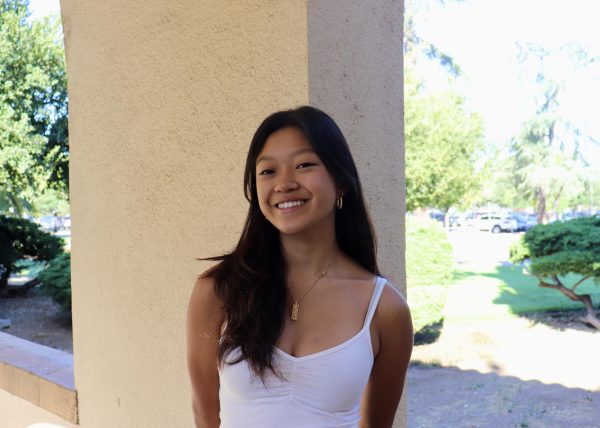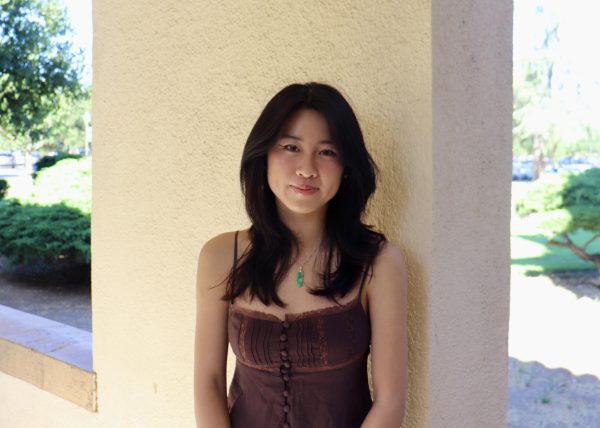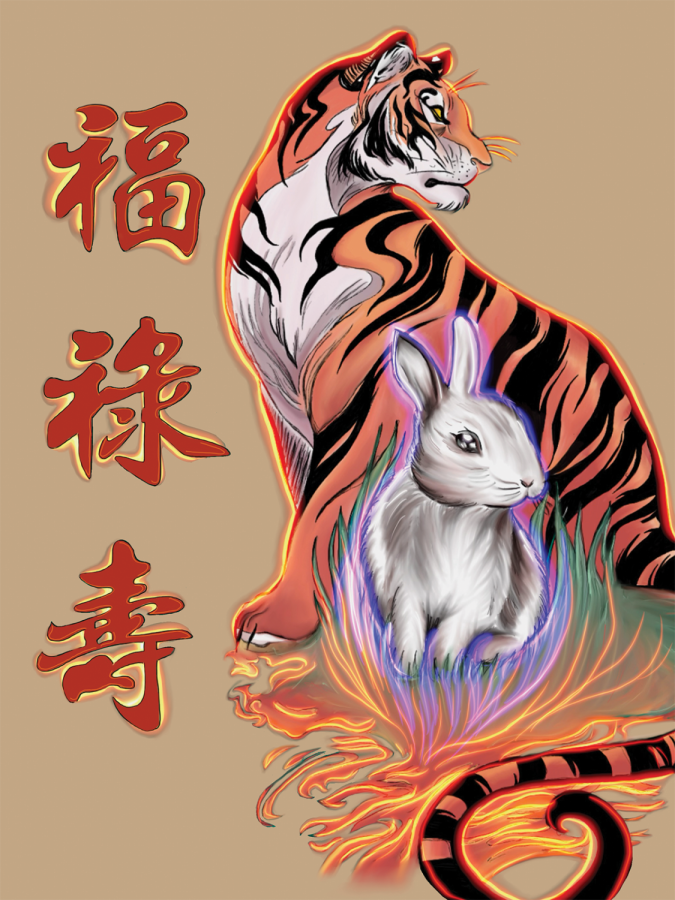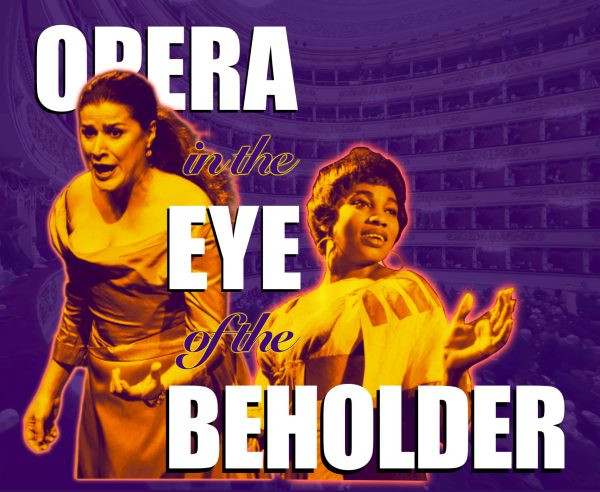Lasting Legacies
Comparing the significance of Chinese New Year across the ocean—will future generations maintain these traditions?
The fragrant smell of peach blossoms wafts through the crisp winter night as street lights illuminate the dark sky. Colorful flower and fruit stands in the market streets are crowded with customers looking for the perfect addition to their Chinese New Years celebrations.
“Everything was full of light and life,” elderly Chinese immigrant Sammy Lee said. “My mom always said that finding the prettiest peach blossom would bring us prosperity and good fortune.”
Dating back to the Shang Dynasty, Chinese New Year is a celebration that has been around for thousands of years. Although the exact date has never been recorded, it is believed that the Chinese new year originated with sacrificial ceremonies around the beginning or end of the year in honor of gods or ancestors.
Each new year in the Lunar calendar is assigned an animal zodiac from a rotating cycle of twelve animals. According to ancient beliefs, each animal symbolizes key attributes for the coming year.
Despite the many variations to the origin story of the twelve Chinese zodiac signs, they were said to have been the winners of a race, consisting of crossing a rapid river to create a time measurement.
This past year, 2022, has been the Year of the Tiger, symbolizing traits such as strength and resilience during times of struggle.
When reflecting on the past years, Paly junior Charlie Wang sees connections between the zodiacs and world events, such as the COVID-19 pandemic.
“[2020] was the Year of the Mouse, and mouse and disease [are] really correlated,” said Wang.
Others such as Monty Ming, a Chinese native now living in San Francisco, assimilate the Western Zodiac culture into the Chinese Zodiac.
“You try to emulate yourself to what zodiac sign you are…you feel a commonality with people who point to Tiger,” Ming said. “For me personally, I love [being] a tiger.”
On the other hand, many find it difficult to zoom in and apply the zodiacs to their personal lives.
“I don’t really associate these animals with their traits anymore,” Wang said. “For me, it’s just another marker of time.”
Looking towards the future, 2023 will be the Year of the Rabbit, symbolizing mercy, elegance and beauty.
To celebrate the beginning of a new year, billions of people around the world celebrate Lunar, or Chinese New Year, as a time dedicated to honoring ancestors and spreading good fortune.
Paly junior Angela Wan explains some of the family-based traditions of the holiday.
“Chinese people celebrate several festivals throughout the year and most of them are for the purpose of reuniting a whole family,” Wan said. “…all the relatives would come together for a big dinner and watch the CCTV(China Central Television) New Year’s Gala together. There’s also the element, Shǒusuì, where everyone would stay up after midnight on New Year’s Eve to wish for longevity.”
Stanford graduate Jessie Dalman touches on some of the superstitious and unique traditions she celebrated while studying abroad in China.
“On doors, people put up [the] Chinese character (Fú), usually in gold on a red background,” Dalman said. “The character is put up upside down because it’s a homonym for ‘good fortune arrives here’.”
Due to the deep-rooted historic nature of the holiday, many of its familial rituals have distinct traditional meanings.
“Every year there would be a family union dinner, and we make a big feast with auspicious ingredients like fish [and] dumplings, [that] all have a meaning,” Wang said.
Dalman also recounts one of the many New Years’ traditions based on the different meanings of Chinese characters.
“Fish is a traditional thing to eat on Chinese New Year because the word for fish also means abundance.”
Wan has also experienced the Chinese intrigue with superstitious traditions and celebrations.
“One of my favorite dishes to eat is the Sweet Osmanthus rice cake,” Wan said. “Rice cake’s direct translation from Chinese into English would be Year Cake. It was originally named to be eaten exclusively during the Chinese New Year.”
Some of the non-culinary traditions of Chinese New Year have mythical tales behind them, similar to the Chinese Zodiac.
“There’s this myth [that] towards winter and the end of the year, there’s a monster that comes down from its cave and scares people in the town,” Wang said. “So to prevent the monster from hurting people, people will light lanterns, wear red [and] set off fireworks to scare the year away because it is said to be afraid of red, fire [and] loud sounds.”
Due to China’s vast geography, modern-day Chinese New Year celebrations are extremely diverse. Ming touches on the variety of traditions he witnesses each year in San Francisco’s Chinatown.
“We have a lot of Cantonese people living in Chinatown, so [Chinese New year] traditions are more towards what the southern part of Chinese people celebrate, like a flower market,” Ming said. “You have to have all kinds of flowers at home in colors that symbolize prosperity.”
Various methods of celebration come with different personal meanings and interpretations of the holiday.
“To me, Chinese New Year is about revisiting my culture,” Wang said. “It’s nice to celebrate two New Years… it really echoes my Chinese identity [as well as] getting rid of the old and welcoming in the new.”
However, the wave of different winter holidays often overlooks the Chinese New Year. As a result, Chinese New Year celebrations often aren’t celebrated as thoroughly in America as they are in their native country of China.
“My experiences do differ a lot due to the majority of my family remaining in China,” Wan said. “The lively and boisterous atmosphere in China is hard to be seen in America when it comes to the New Year.”
Additionally, the length of Chinese New Year celebrations isn’t honored overseas, making the holiday a shortened version of itself.
“I lived in China for six years and the first New Year I had here was kind of dull,” Wang said. “In China, it’s winter break for them [so] they have a month off [to celebrate].”
Without cultural immersion, Chinese immigrants struggle to feel the same holiday spirit surrounding the New Year.
“Chinese New Year, to me, is a span of celebrations [that] I can’t have anymore,” Wang said. “[It is sad because] I feel like there’s less [of] a sense of tradition here.”
Although similar in magnitude, Chinese New Year is celebrated differently than comparable holidays such as Christmas.
“Chinese New Year is a time to remember your ancestors,” Ming said. “[The] Chinese believe you don’t exist if not for the people before you, who lay down the opportunity for you [and] guide you in heaven.”
Many Chinese Americans find themselves slipping away from their Chinese culture after living in America, because of the lack of celebration and tradition during Chinese New Year.
“It’s important to remember that no matter what, [it is okay] to be foreign,” Ming said. “I don’t look like what people typically think about Americans so I don’t fit in with American culture. I [can still embrace] my Chinese Culture.”
Although it may be harder for Chinese Americans to step themselves into the culture surrounding the holiday, it is important to maintain its traditions.
”Passing down the Chinese New Year tradition to future generations is important as it reminds them of their culture, identity and the significance of families,” Lee said. “It is relieving to know that once [I go to heaven], [my] children will still spread traditions and reveal the beauty of Chinese culture.”

2022-2023 Staff Writer
2023-2024 Editor-In-Chief
I joined C Mag because I was drawn in by the diversity of design and creativity throughout each...

2022-2023 Staff Writer
2023-2024 Creative Director
Journalism is integral in every society across the globe as it is how people stay informed. It...

2022-2023 - Staff Writer
I joined C Mag because I love the magazine’s blend of art, culture, music and design! As an underclassmen, I always enjoyed...












